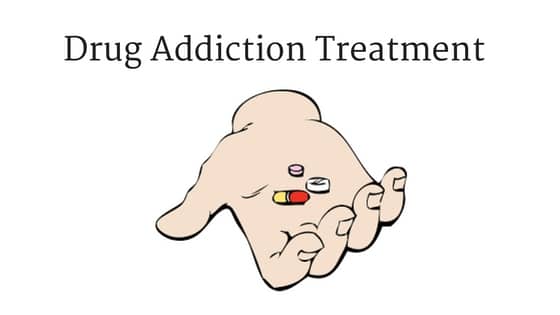
Drug addiction is a serious disease characterized by uncontrollable drug seeking and use despite the consequences. The changes in the brain caused by addiction lead to harmful behaviors seen in people who abuse drugs. Drug addiction is also a relapse disease, meaning that sometimes users return to drug use after an attempt to stop.
Addiction begins with the act of taking drugs. Over time, the ability to choose not to do so becomes compromised. Obtaining and using the drug becomes uncontrollable. The compulsive drug-seeking is mostly due to the effects of long-term drug exposure on brain function.
Addiction affects the parts of the brain involved in:
Both the brain and behavior are affected by addiction.
Simply put, yes. Drug addiction can be treated, but because it’s such a complex and serious disease, people can’t just stop using drugs for a few days and be cured. Long-term and repeated care is usually what patients need to make a complete recovery from addiction.
Successful addiction treatment will help the person do the following:
According to drugabuse.gov the following are principles of an effective addiction treatment program:
Effective treatment has several steps:
Comprehensive care with a custom treatment program and follow-up options can be the difference between success and failure. Medical and mental health services should be available as needed. Recovery groups like AA are the most common types of follow-up care, but family-based support systems work well too.
How long does cocaine stay in your system – and why do some people test…
It’s a sweet, syrupy mixture that has been celebrated in rap music for decades. But…
Meaningful discussions of LGBTQ+ and addiction must address the unique challenges faced by members of…
Alcohol abuse can put a person at risk for a broad scope of serious health…
In certain circumstances, stimulants such as dextroamphetamine and Adderall can help a person experience improved…
SMART Recovery is an alternative to AA and NA for people who are looking for…
This website uses cookies.